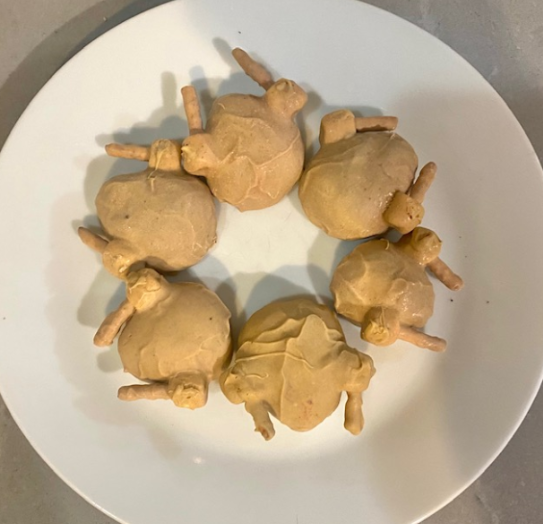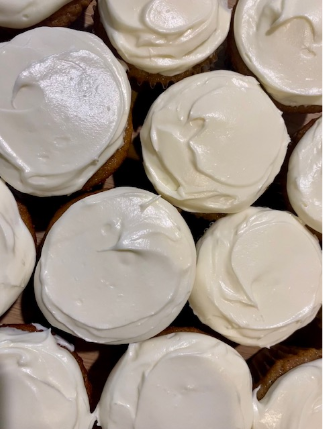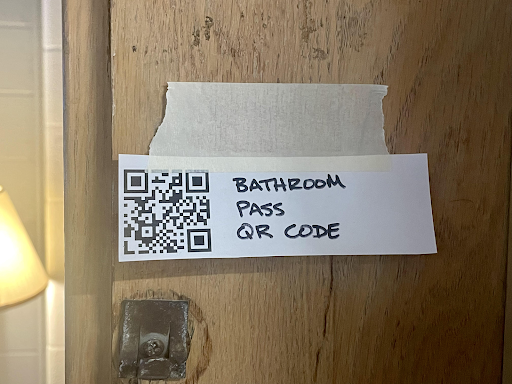How to Bounce Back for Second Semester

January 17, 2023
For many students and staff, coming back to school after any long break can be a difficult adjustment. The beginning of second semester starts after a long winter break, with an opportunity for a fresh start on grades and classwork. Here are some thoughts and strategies from a few teachers and upperclassmen on how students can start the new semester strong.
Second semester is a fresh start for students, as grades start over. “If you have anything holding you back from getting a good grade in one of your classes, that’s gone now, you don’t have to worry about it,” says senior Laynie Ritchie. Similarly, math teacher Ms. Jordahl says, “At the start of second semester, students can come back with an open mind knowing that it’s a fresh start, and try to have a more positive mindset. For instance, if you failed math last semester, don’t have the mindset that you’re going to fail it again. Just have an open mind and make your best effort to improve.” Government teacher Mr. Kamps says that this is the time to reset, and “if you were unhappy with how the first semester went you can make changes.” Any mistakes made last semester can be used as learning experiences, senior AJ Goben says, “Think of it as a fresh start. Any mistakes made last semester, you can learn from to keep your grades up this semester.”
In addition to a fresh start, knowing what to expect in your classes from the first semester is a benefit. Senior Wes Collins says, “I usually focus and pay attention in my classes better during the second semester than the first semester.”
The start of the second semester is also a good time for students to improve their general organization habits. “After finals, clean out your book bag as usually you don’t need to keep everything from the first semester,” Ms. Jordahl says. “Organize your assignments with folders, and use an assignment book or planner.” Goben states that the method of using a planner works well for her, “I use Notion to keep track of all my assignments and exams when they’re due, so I don’t get overwhelmed.” Additionally, taking notes in class is also a good strategy that students can take advantage of, making sure to grasp the important concepts. Mr. Kamps says, “Sit in the front row and make a list of the vocabulary terms that your teacher uses in class. If you don’t know the definition of a word, look it up or ask for help.” It also helps to use vocabulary terms when completing assignments and participating in class.
Both seniors share how the fresh start of a new semester is a chance for students to make that extra effort to focus in classes, which is a huge factor to performing well in school. “It’s easy to fall behind if you don’t pay attention in class,” Collins says.  In addition, trying your best to push through schoolwork and homework even when it’s hard is crucial to success in both high school and college. “Study hard, be nice to your teachers, do the work even if you don’t want to and it will benefit you greatly,” Ritchie says.
In addition, trying your best to push through schoolwork and homework even when it’s hard is crucial to success in both high school and college. “Study hard, be nice to your teachers, do the work even if you don’t want to and it will benefit you greatly,” Ritchie says.
Although coming back to school from a long break can be hard, students can use that long time off of school to their advantage. “Take care of yourself over winter break,” Ms. Jordahl says. “Do things you enjoy, and don’t stress about what didn’t happen the first semester. This can really help you to clear your mind and come back from break with a positive mindset.” Mr. Kamps also says, “Continue to do the best you can with what you have. Nothing more. Nothing less.”
As far as my own advice goes, I find keeping a planner with me to be extremely helpful. I find the simple act of writing things down with a paper and pencil to be satisfying, and improve my memory and organization. It also helps me to map out my schedule for each week and what I need to get done, including homework, projects, due dates, and extra-curriculars. Taking notes in class is also helpful in this sense.
One of the most important – and obvious – things you can do is ask for help from your teachers, especially if you’re really struggling in a subject despite trying everything to bring up your grade. There are also tutoring programs available as well as online resources, such as Learn to Be or Khan Academy. I have used Khan Academy myself and have found it to be a very valuable resource for many of the same topics I was learning in my classes.
As mentioned earlier, taking care of yourself is also very important for succeeding academically, or just in life in general. Getting good sleep at night and eating well plays a big part in retention and attention span, and will help you become a life-long learner and keep your brain sharp.
Start your semester – and the rest of your life – strong by adopting these habits, and finding out what works best for you along the way!



















































